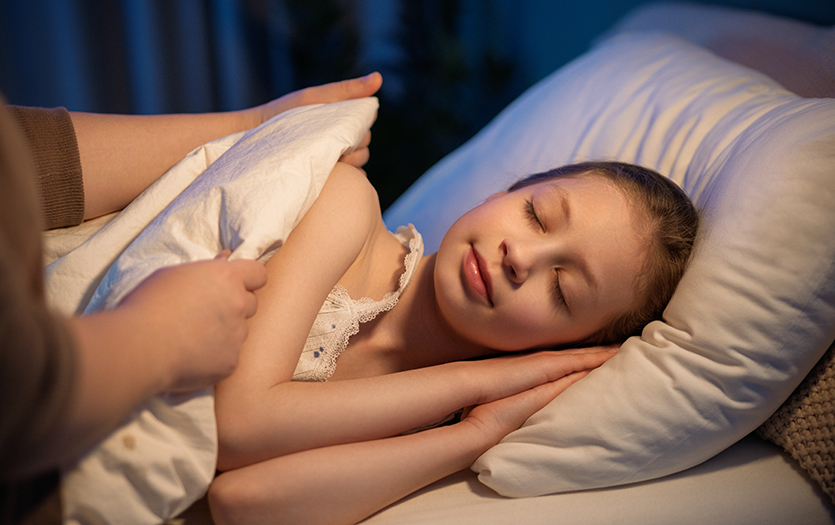
This post was written by Dr. Tamara Kermani, PPG – Family Medicine, Goshen.
Students are heading back in their classrooms, which means it’s time to return to their regular sleep schedule.
Why it matters
Getting a solid night’s sleep is good for the brain, which is benefits the student’s mood, attention and learning.
How much sleep is enough?
How much sleep students need will depend on their age.
- Elementary schoolers should be getting about 10 hours of sleep or more per night.
- Teenagers age 13 and older should be aiming for at least nine hours.
Youngsters should be heading to bed around 8 p.m. or earlier, while middle schoolers and high schoolers should be looking at 9-10 p.m. or 9-11 p.m., depending on what their wakeup time is.
How to get back on track
I usually recommend at least two weeks before, start to transition slowly. It will depend on how late they’ve been going to bed during the summer and how different their routine is from the summer to school. For a lot of kids, it’s drastically different.
Gradually smoothing out bedtimes and wake-up times will make the adjustment easier for students on the first day without a big sleep shock. Try every day to push that bedtime forward a little bit, so they gradually get back into the habit of going to bed earlier. Make sure that they’re physically active during the day, but not right before bedtime. The last couple hours before they go to bed, try to get into a wind-down routine, whatever helps them relax.
Good wind-down activities can include things like:
- Reading (or story time with parents for younger kids)
- Listening to music
- Having a light snack
- Taking a warm bath or shower
Other things that can be helpful include:
- Lowering the indoor lights.
- Keeping your bedroom cool – 68 to 70 degrees is an ideal range.
- Shut off electronic screens ahead of bedtime. Light from phones, tablets, TVs and video games keep the brain awake and make it harder to fall asleep and get restful sleep.
Signs your student isn’t getting enough sleep
If they can’t stay awake at school, they’re not learning and unable to perform. Even if they’re just building up a sleep deficit where they’re not staying up all night, but they’re falling one or two hours short, over time that really builds up and it’s a huge detriment for their ability to learn and perform. A lack of sleep also increases irritability, which may lead to behavior problems.
Starting a gradual transition now will help your students be more rested and ready to learn for day one of the school year. Just practice at least a couple of weeks before and not two nights before or the night before.
